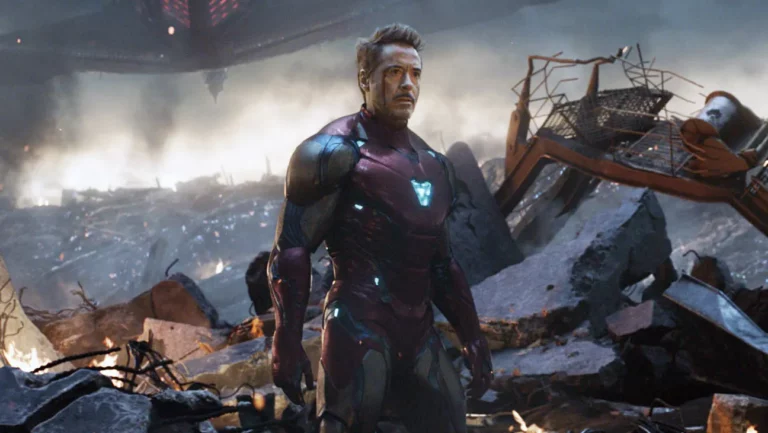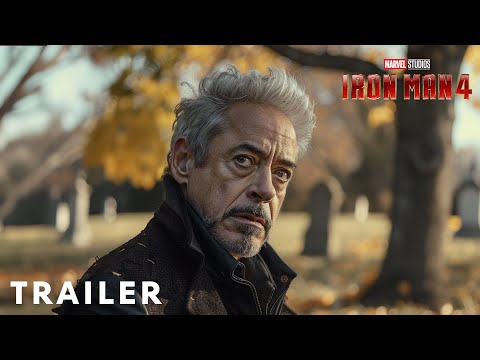As Marvel Studios continues to expand its cinematic universe, the question of whether iconic characters should make a return has become a topic of heated debate among fans and filmmakers alike. Recently, Kevin Feige, the visionary behind Marvel’s unparalleled success, made headlines with his candid advice to Hugh Jackman regarding his role as Wolverine. This guidance might also illuminate the future of another beloved character: Robert Downey Jr.’s Iron Man.
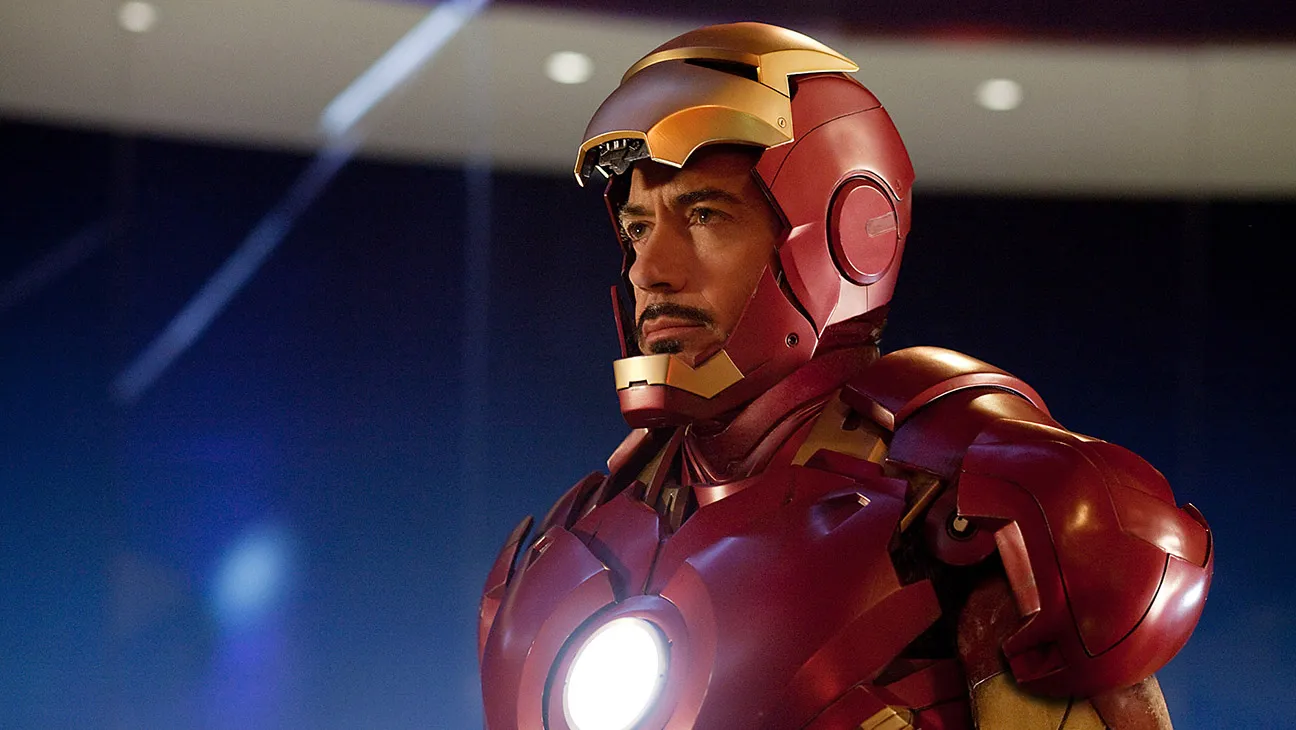
The End of an Era: Hugh Jackman’s Wolverine and What It Signals for Iron Man
Hugh Jackman’s portrayal of Wolverine has long been celebrated as one of the most definitive in superhero cinema. His final bow in “Logan” was lauded as a perfect send-off, ending on a high note in 2017. It’s a sentiment that Feige echoed when he advised Jackman against returning to the role in the upcoming “Deadpool & Wolverine.” In a revealing interview with Empire, Feige expressed his concerns, stating:
“I said, ‘Let me give you a piece of advice, Hugh. Don’t come back. You had the greatest ending in history with ‘Logan.’ That’s not something we should undo’.”
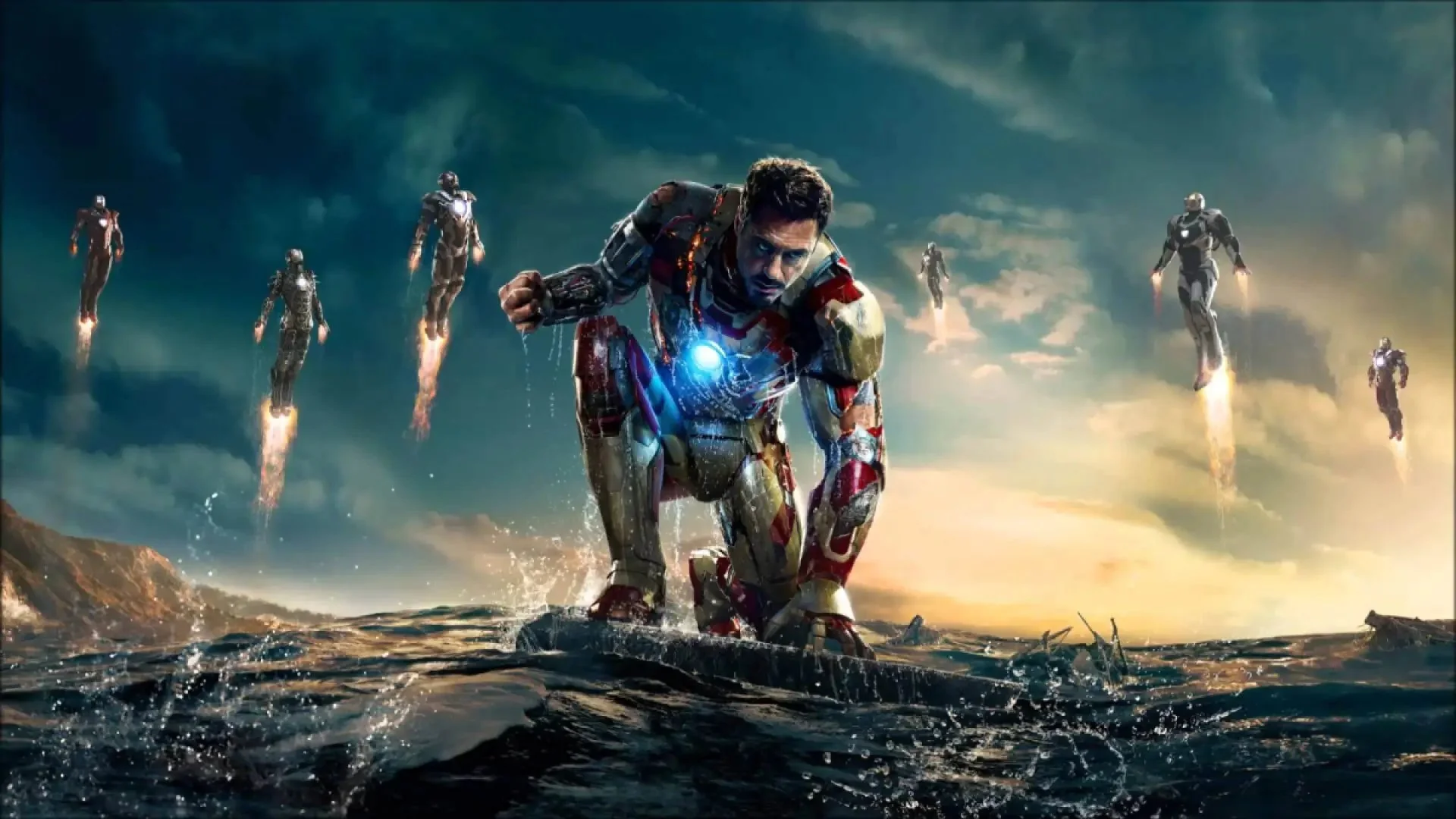
This stance raises intriguing questions about the future of other characters who have had similarly impactful farewells, including Iron Man. The armored Avenger, portrayed by Robert Downey Jr., has been a cornerstone of the Marvel Cinematic Universe (MCU). His departure in “Avengers: Endgame” was both dramatic and decisive, suggesting a finality that Feige seems reluctant to disrupt.
The Impact of a Farewell: Iron Man’s Legacy and Cinematic Closure
Robert Downey Jr.’s Iron Man not only launched the MCU but also set a new standard for superhero films. His last appearance in “Avengers: Endgame” was a watershed moment, marked by sacrifice and heroism that provided a fitting conclusion to his character’s journey. Reflecting on this, Feige has been clear about preserving such monumental moments, telling Vanity Fair:
Liked on YouTube: Will Iron Man Ever Come Back In MCU ? | Will Robert Downey Jr Return To Marvel ? | SACHIN NIGAM https://t.co/gmAqo7nuZ2
— Prithwiraj (@Prithwi81910299) January 20, 2022
“We are going to keep that moment and not touch that moment again. We all worked very hard for many years to get to that, and we would never want to magically undo it in any way.”
The insistence on maintaining the integrity of these narrative arcs suggests a new direction for Marvel. Instead of rehashing the past, the studio seems focused on exploring new characters and stories. This approach can be seen in the mixed receptions to recent releases like “Ant-Man and the Wasp: Quantumania” and “The Marvels,” which, while not reaching the heights of “Endgame,” indicate a shifting landscape within the MCU.
What Lies Ahead: New Horizons in the Marvel Cinematic Universe
As Marvel navigates post-Endgame waters, the emphasis appears to be on innovation and the introduction of fresh faces. This strategy not only respects the legacy of characters like Iron Man and Wolverine but also opens the door to new creative possibilities. The upcoming “Deadpool & Wolverine” is anticipated to serve as both a continuation and a coda to Wolverine’s story, potentially setting the stage for new narratives and heroes to emerge.
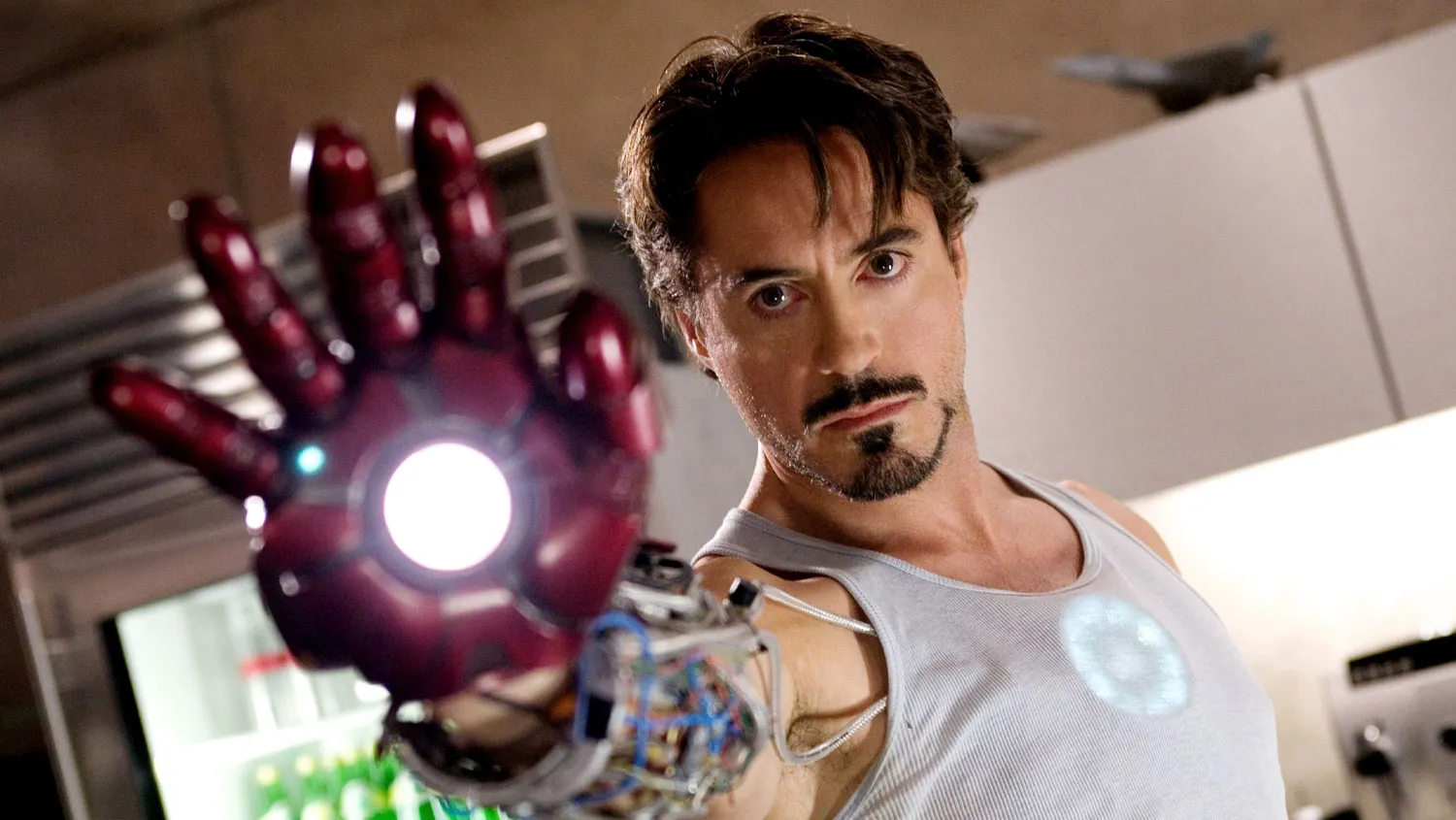
The reluctance to bring back Iron Man, despite the character’s immense popularity, underscores a broader strategic vision. Marvel seems intent on preserving the emotional resonance of its most significant moments while paving the way for new adventures. This delicate balance between honoring the past and embracing the future will undoubtedly continue to be a defining challenge for Feige and his team.
As the MCU evolves, the decisions made today will shape the stories we see tomorrow. The commitment to authenticity and narrative integrity, as emphasized by Feige’s counsel to Jackman, is not just about respecting what has come before but also about securing the legacy of what is yet to come. Iron Man’s suit may hang retired for now, but the spirit of innovation and heroism it represented continues to inspire the future of Marvel’s storytelling.
